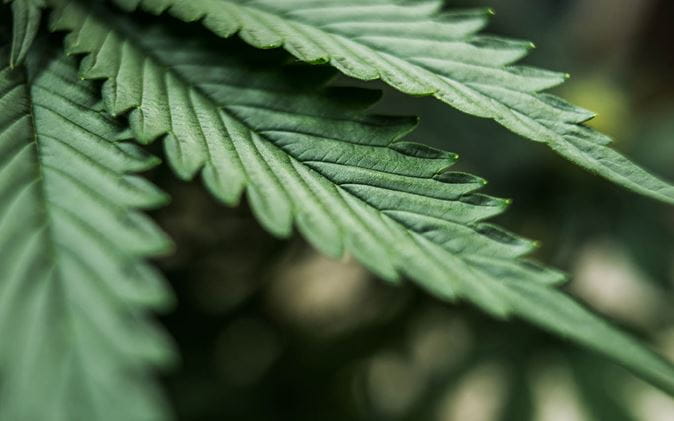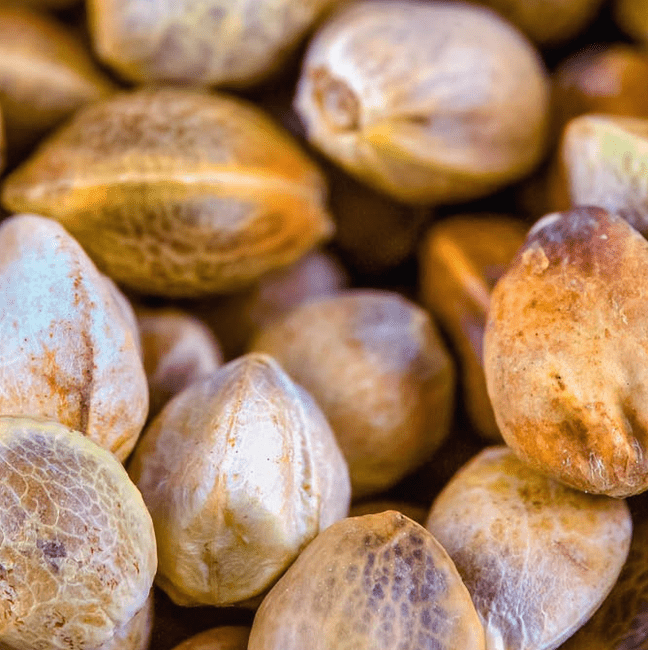

Cannabis
According to UN estimates, the global cannabis market is currently worth approximately USD150 billion annually. At present, much of this market is illegal, but what is most interesting is the rate at which new products are being developed for the growing sections of the medicinal and recreational market that are legal (or anticipated to be authorised in the near future).
Many companies, from industries as diverse as beverages, food, pharmaceuticals, cosmetics and tobacco, are actively investing in this market which, in recent research, Barclays suggests could almost double to USD272bn by 2028. For example, we recently advised Imperial Brands Ventures Ltd, a subsidiary of Imperial Brands PLC on its equity stake in Oxford Cannabinoid Technologies (OCT). OCT is a biopharmaceutical company focused on researching, developing, and licensing cannabinoid-based compounds and therapies. Its activities are licensed for operation by the UK Home Office. Imperial is just one of the companies making a mark in the sector by taking stakes in innovative companies. A number of joint venture and collaborations are also happening – for example Novartis’ strategic alliance between its subsidiary Sandoz and Tilray, a Canadian company developing cannabis-based medications.
Why the shift?
The main reason for greater activity in this market is the softening regulatory environment worldwide.
Cannabis is now authorised for medicinal use in more than 25 countries, including Canada, Israel, Germany and the UK. Cannabis is proven to be effective in a number of areas of unmet clinical need including the treatment of chronic pain - a market currently experiencing significant challenges as governments, lawmakers and healthcare practitioners respond to the epidemic of abuse and addiction associated with opioids. Another significant treatment area is anxiety, depression and sleep disorders. Cannabis-based products have also been used to treat the nausea and vomiting associated with chemotherapy and a wide range of conditions associated with inflammation (eg eczema). One of the most high profile areas is the treatment of epilepsy (indeed in June 2018, the FDA approved GW Pharma’s Epidiolex - the first approved drug to contain CBD and one of a category of antiepileptic drugs targeting early onset of the condition). On 17 October 2018, Canada also became the first G7 country to legalise cannabis for recreational use. Interestingly, few traditional players seem interested in exploring commercial production of “joints” or cannabis cigarettes. The most active part of the market so far is for edibles such as ice-cream, sweets, and cookies. There is also growing interest in the potential for products which are infused with cannabis including beverages and beauty and skin-care. Vaporisers are another active segment of the market.
Why does this matter?
As the cannabis market opens up, it signals both opportunity and disruption for our clients – for example, if the recreational marijuana market liberalises, will this impact the size of the alcoholic beverage market? However, one of the key risks for new market entrants is the changing regulatory landscape. Our regulatory team is developing particular expertise in understanding the nuances of regulation in different markets and helping our clients to assess how their products may be affected. Our team is actively monitoring the changing status of regulations of cannabinoid-containing products around the globe and thinking about the impacts this will have on our clients’ businesses. Our experience includes advising key industry players, on:
- national regulations related to hemp-based ingredients (such as cannabidiol/CBD), when included in regulated products such as food supplements, cosmetics, vaping and medicinal products;
- agreements for the supply and licencing of cannabis for medical use;
- sale of cannabis-based products on e-commerce platforms;
- legal opinions to support investment strategy;
- working with industry bodies and liaising with regulators to shape the definition of the law; and
- securities and reporting requirements for companies involves in the manufacture, distribution or sale of cannabis-based products.
Alongside our regulatory and compliance lawyers, we have built a multidisciplinary group focused on the cannabis market and offering expertise in key areas including investment, M&A and commercial alliances; intellectual property (brands, patents and trade secrets); distribution and licencing; marketing and advertising; and employment, among other areas. We can offer strategic and practical legal advice from practitioners who understand the specific sector and the particular challenges it may bring (including reputational issues).
Case study: Acquisition of HemPoland by The Green Organic Dutchman
Allen & Overy advised Green Organic Dutchman Holdings Ltd., a Canadian cannabis research & development company, (TGOD) on its USD 15.5m acquisition of 100% of shares in HemPoland sp. z o.o., (HemPoland), a leading European manufacturer and marketer of premium organic CBD oils. The acquisition provides access to HemPoland’s vast distribution network, premium Cannabigold brand, state-of-the-art hemp oil extraction technologies, and provides a strategic pathway into the European market for TGOD’s medical & recreational products and licensing deals.
Founded in 2014, HemPoland was the first company in Poland to obtain a state licence allowing the company to grow hemp and manufacture CBD oil products. HemPoland’s management is comprised of experts in cultivation, oil extraction, and marketing of high-quality organic CBD oil. The company is vertically integrated, with over 1,250 acres of cultivation leveraging third parties, multiple commercial scale extraction units, local distributors in Poland, Austria, Netherlands, Germany, United Kingdom, Italy, Switzerland, Portugal, Ireland, Czech Republic, Slovenia, Lithuania, and Estonia, and e-commerce platform and product sales in over 700 locations. In 2017, the company produced over 32,000 kgs of organic dried flower and 310 kgs of organic CBD oils.
Our involvement in the transaction included the due diligence of the target, negotiations of the transaction documentation and the assessment of the regulatory regime in the EU and more than 13 EU jurisdictions governing the production and sale of HemPoland’s products (ie CBD-derived products) in the EU. The transaction was required to be cleared before the Toronto Stock Exchange and the process included TGOD to providing: (i) an overview of the regulatory framework; and (ii) opinions confirming the legality of marketing and distributing HemPoland’s products for each jurisdiction to which HemPoland exports its products. We also advised TGOD on the EU regulatory framework relating to sales of CBD products across the EU, and our opinion was instrumental in having the deal cleared. Projects of this nature demonstrate the unique strength and capabilities of our network; and the depth of our knowledge of this area.
Definitions
Definitions
- Cannabis – a broad term used to describe organic products (e.g., cannabinoids, marijuana, hemp) derived from the Cannabis genus of plants.
- Cannabinoids – a class of diverse chemical compounds that act on cannabinoid receptors in cells that alter neurotransmitter release in the brain, spinal cord and peripheral nerves.
- Cannabinoids can be naturally derived from the cannabis plant, or manufactured. Non–psychoactive examples include cannabinol and cannabidiols.
- Source: Report reviewing the current evidence on of the medicinal benefits of cannabis–based products by the Chief Medical Advisor to the UK Government, June 2018.
Related content

The cannabis market: helping investors navigate the UK regulatory regime
In 2018, the global legal cannabis market was estimated to be worth USD12 billion. The market appears set for further significant growth, with some estimating its value to be over USD166 billion by 2025. This is fuelled by a growing number of countries liberalising their cannabis drug laws.
